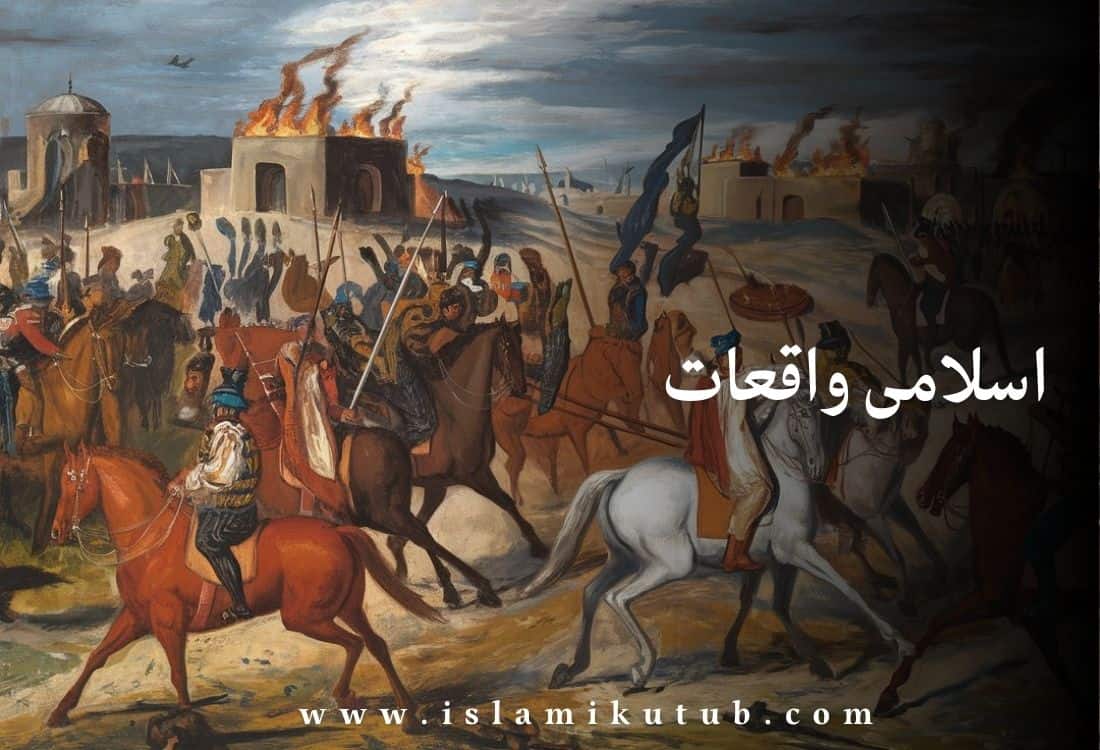Understanding Islamic Education Books: A Comprehensive Guide
In today’s diverse and interconnected world, understanding different cultures and beliefs is more crucial than ever. Islamic education books play a vital role in providing insights into Islamic teachings, history, and values. Whether you are new to Islam or seeking to deepen your knowledge, these books offer a rich resource for learning and reflection.
Importance of Islamic Education Books
Islamic education books serve multiple purposes, catering to both Muslims looking to deepen their faith and non-Muslims seeking to understand Islam better. They cover a wide range of topics, from the basics of Islamic beliefs and practices to advanced studies in Islamic jurisprudence, history, and spirituality.
Building a Foundation of Knowledge
For beginners, Islamic education books often start with foundational principles such as the Five Pillars of Islam, the life of Prophet Muhammad (SAW), and the basics of Islamic theology. These books provide clear explanations and historical context, making them accessible to readers of all backgrounds.
Advanced Studies and Specialized Topics
As readers progress, they can delve into more specialized areas such as Quranic studies, Hadith literature, Islamic philosophy, and comparative religion. Advanced Islamic education books offer deeper insights into complex theological concepts and historical events, encouraging critical thinking and scholarly exploration.
Choosing the Right Islamic Education Book
With a plethora of Islamic education books available, choosing the right ones can be daunting. Here are some tips to help you make an informed decision:
- Identify Your Learning Goals: Determine whether you seek an introduction to Islam, a specific aspect of Islamic history, or a deep dive into Quranic interpretation.
- Read Reviews and Recommendations: Websites and forums dedicated to Islamic literature often provide insightful reviews and recommendations from scholars and readers alike.
- Consider the Author’s Credentials: Look for books written by reputable scholars or authors with expertise in Islamic studies. This ensures that the content is accurate and reliable.
- Check for Clarity and Accessibility: A well-written Islamic education book should present information clearly, using language that is understandable and engaging.
Exploring Key Themes in Islamic Education Books
Quranic Studies
Central to Islamic education, the Quran is the holy book of Islam, believed to be the literal word of God as revealed to Prophet Muhammad (SAW). Books on Quranic studies explore its teachings, themes, and linguistic nuances, providing insights into its historical context and relevance today.
Hadith Literature
Hadith, the recorded sayings and actions of Prophet Muhammad (SAW), form another essential component of Islamic education. Books on Hadith literature classify and analyze these traditions, offering guidance on ethical behavior, jurisprudence, and spirituality.
Islamic History and Civilization
Islamic history books trace the development of Muslim societies from the time of Prophet Muhammad (SAW) to the present day. They highlight key events, influential figures, and the cultural achievements of Muslim civilizations across different regions.
Spiritual and Ethical Guidance
Books on Islamic spirituality delve into topics such as Sufism (Islamic mysticism), ethical conduct, and personal development. They offer practical advice on cultivating virtues such as patience, gratitude, and compassion in daily life.
Enhancing Your Learning Experience
To maximize your learning from Islamic education books, consider the following strategies:
- Take Notes and Reflect: Pause periodically to jot down key insights or questions that arise while reading. Reflect on how the teachings can be applied to your life.
- Engage in Discussions: Join study groups or online forums where you can discuss the books with others. Hearing different perspectives can deepen your understanding.
- Apply Knowledge: Apply what you learn practically in your daily routines. For example, practicing regular prayers or acts of charity can reinforce your understanding of Islamic teachings.
Conclusion: Embracing Knowledge and Understanding
In conclusion, Islamic education books offer a treasure trove of knowledge, wisdom, and spiritual guidance. Whether you are a student, scholar, or simply curious about Islam, these books provide invaluable resources for learning and personal growth.
By exploring diverse topics such as Quranic studies, Hadith literature, Islamic history, and spirituality, you can gain a comprehensive understanding of Islamic principles and values. Each book serves as a gateway to deeper insights and a richer appreciation of the Islamic faith.
Start Your Journey Today!
Begin your exploration of Islamic education books with confidence, knowing that each page brings you closer to understanding the beauty and depth of Islam. Whether you’re browsing for your personal library or searching for a meaningful gift, these books promise to enrich your life and broaden your horizons.
Explore our recommended selection of Islamic education books and embark on a journey of discovery and enlightenment. Let these books inspire you, educate you, and empower you to embrace the teachings of Islam with clarity and conviction.



One Response